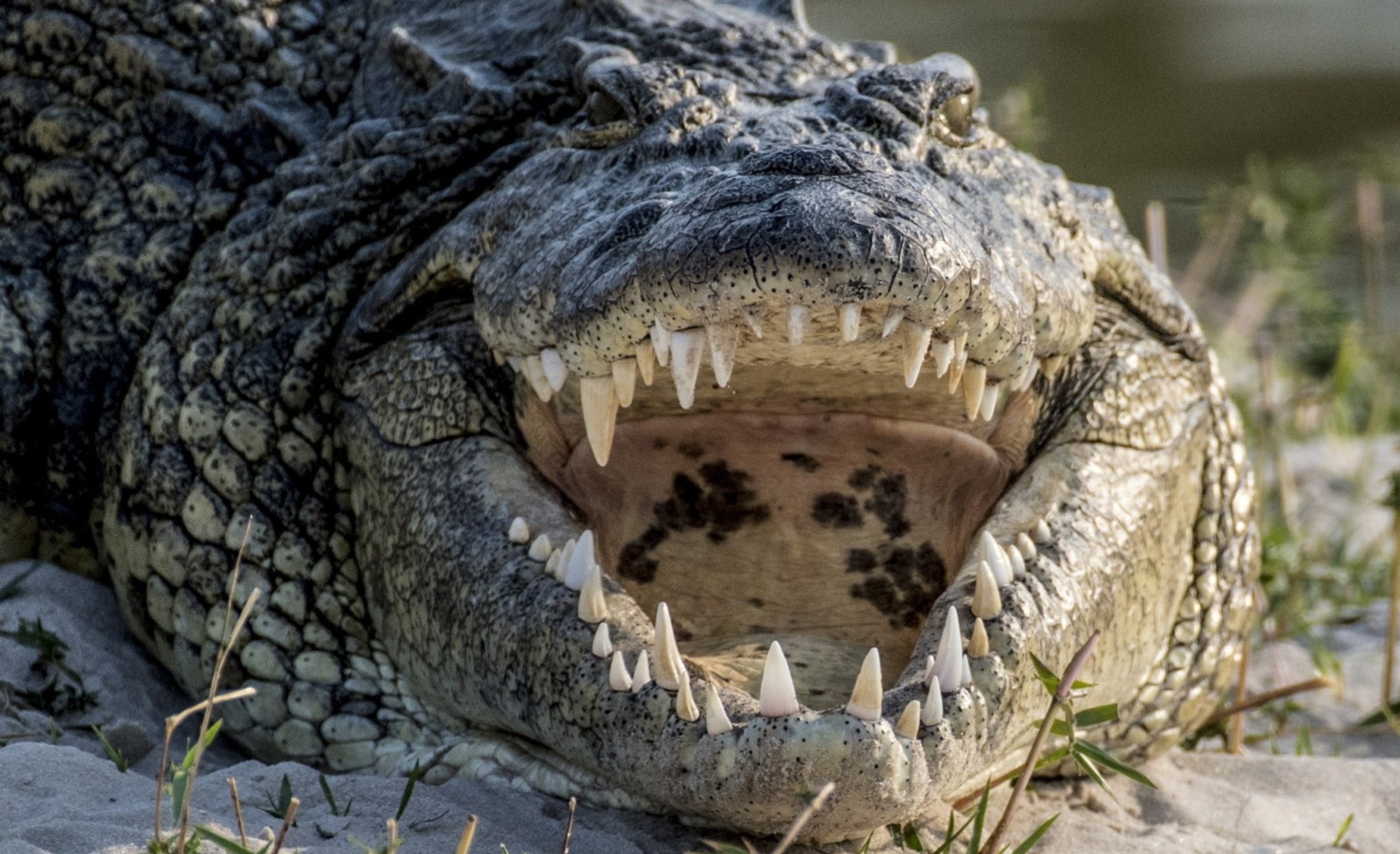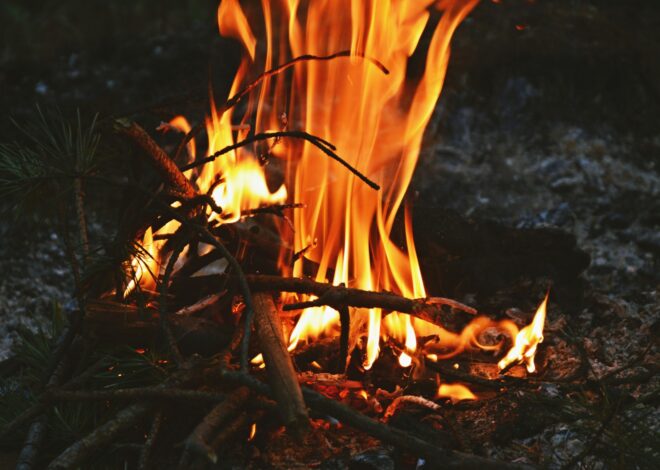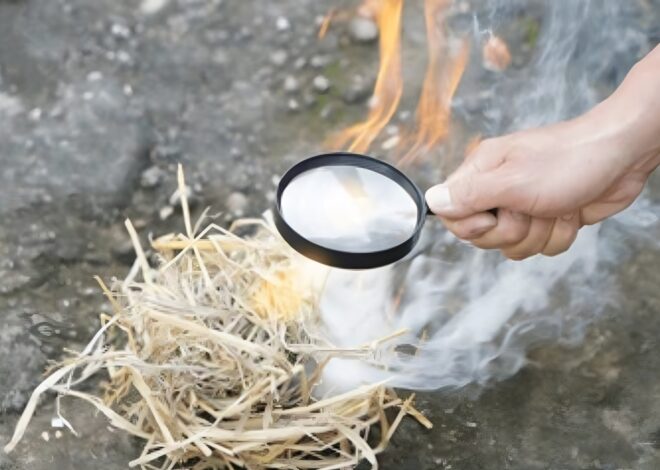
How To Survive A Crocodile Attack
In this blog post, we’ll delve into the essential tips and techniques on how to survive a crocodile attack. Picture this: you’re enjoying a leisurely stroll along the banks of a river when suddenly, out of the water, emerges a massive crocodile.
Your heart races as you realize you’re face to face with one of nature’s most formidable predators. How do you survive such a terrifying encounter? Stay tuned for some life-saving advice that could make all the difference in a moment of crisis!
Understanding Crocodile Behavior
Crocodiles are ancient creatures with a fascinating set of behaviors that dictate their actions in the wild. These reptiles are known for their stealth and patience, often lurking beneath the water’s surface, waiting for the perfect moment to strike. Their powerful jaws can deliver a bone-crushing bite force, making them formidable predators in their ecosystem.
Crocodiles have remarkable speed and agility both in water and on land, allowing them to surprise unsuspecting prey or potential threats with lightning-fast movements. Despite their intimidating reputation, crocodiles are also cautious animals that may retreat if they feel threatened or outnumbered.
Understanding the intricacies of crocodile behavior is crucial for anyone venturing into crocodile habitats. By learning how these creatures think and act, you can better protect yourself from potential attacks and navigate safely in areas where crocodiles reside.
Avoiding Crocodile Habitats
Picture yourself strolling along the edge of a murky river, surrounded by lush greenery and the sounds of nature. The tranquil setting may seem idyllic, but it could also be a prime crocodile habitat. These ancient predators lurk beneath the water’s surface, waiting for unsuspecting prey to come too close.
Crocodiles are highly adaptable creatures that can thrive in various habitats, including rivers, lakes, estuaries, and even coastal waters. They have been known to inhabit freshwater bodies as well as brackish and saltwater environments. When exploring these areas, always stay alert and vigilant.
To avoid encountering crocodiles in their natural habitats, it’s essential to be aware of warning signs such as posted signs or local knowledge indicating crocodile presence. Additionally, steer clear of areas with dense vegetation near the water’s edge where crocodiles may hide while stalking potential prey.
Remember that prevention is key when it comes to staying safe in crocodile territory. By being mindful of your surroundings and avoiding known crocodile habitats whenever possible, you can drastically reduce the risk of an unexpected encounter with these formidable predators.
What to Do in the Event of an Attack
Picture this: you’re out enjoying nature, and suddenly you find yourself face to face with a crocodile. In the event of an attack, it’s crucial to stay calm and act swiftly. Your first instinct may be to panic, but remember, staying composed is key.
If a crocodile approaches you aggressively, do not run or scream. Instead, try to back away slowly while keeping your eyes on the animal. Avoid making sudden movements that may provoke it further.
If the crocodile manages to grab hold of you, fight back with all your might. Aim for its sensitive areas such as eyes, nostrils, and throat. Every second counts in a life-threatening situation like this.
Remember that survival instincts kick in when faced with danger; trust yourself to act decisively under pressure. Stay focused on protecting yourself until help arrives or the threat has passed.
Self-Defense Techniques
When facing a crocodile attack, knowing how to defend yourself is crucial. Remember, the goal is to survive and escape the situation as safely as possible. One self-defense technique is to aim for the eyes or snout of the crocodile. This can disorient the reptile and give you a chance to retreat.
If grabbed by a crocodile, try not to panic. Stay calm and avoid making sudden movements that could trigger further aggression from the animal. Use any available objects as weapons against the crocodile’s sensitive areas like its eyes or throat. Anything from sticks to rocks can help you fend off an attack.
Remember that every situation is different, so being resourceful and thinking quickly on your feet can greatly increase your chances of survival in a crocodile encounter.
Seeking Medical Attention
After surviving a crocodile attack, seeking immediate medical attention is crucial. Even if the injuries seem minor, it’s important to get checked by healthcare professionals. Crocodile bites can cause serious infections due to bacteria in their mouths, so prompt treatment is essential.
Once you have escaped from the attack and are in a safe location, prioritize getting medical help. Call emergency services or go directly to the nearest hospital or clinic for evaluation and treatment. It’s better to be safe than sorry when dealing with potential crocodile-related injuries.
Medical professionals will assess your wounds, clean them thoroughly, and provide necessary medications such as antibiotics to prevent infection. They may also recommend tetanus shots depending on your vaccination status. Follow their instructions carefully for proper healing and recovery.
In addition to physical injuries, don’t overlook the emotional impact of surviving a terrifying encounter with a crocodile. Seeking counseling or therapy can help you process any trauma and anxiety related to the attack. Remember that taking care of your mental well-being is just as important as tending to your physical health after such a harrowing experience.
Tips for Preventing a Crocodile Attack
Crocodile attacks are rare but can be deadly, so it’s crucial to take precautions to prevent them. One key tip is to avoid swimming or wading in waters where crocodiles are known to inhabit. Be cautious around bodies of water in crocodile territory, especially during their feeding times at dusk and dawn. Keep a safe distance from the water’s edge when camping or picnicking near rivers or lakes.
Stay alert and watch for any signs of crocodiles such as slides on the banks or floating debris resembling logs – these could indicate their presence nearby. When fishing, avoid cleaning fish near the water as the scent can attract crocodiles. If you spot a crocodile, do not approach it or attempt to feed it – maintain your distance and slowly back away without turning your back on it.
Educate yourself about local wildlife and learn how to identify different species of reptiles that may be present in the area you’re visiting. By being informed and aware of your surroundings, you can reduce the risk of encountering a dangerous situation with these formidable creatures.
Conclusion
While the thought of a crocodile attack can be terrifying, being prepared and knowing how to react can greatly increase your chances of survival.
By understanding crocodile behavior, avoiding their habitats, knowing what to do in an attack, utilizing self-defense techniques if necessary, seeking immediate medical attention, and following preventative tips, you can significantly reduce the risk of encountering a dangerous situation with these powerful predators.
Remember that staying calm and acting quickly are key components when faced with a potential crocodile encounter. Stay safe out there!



